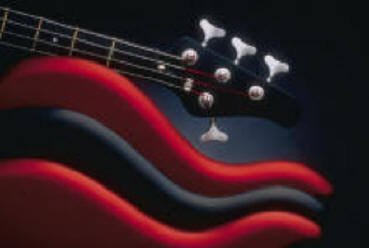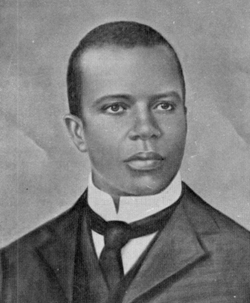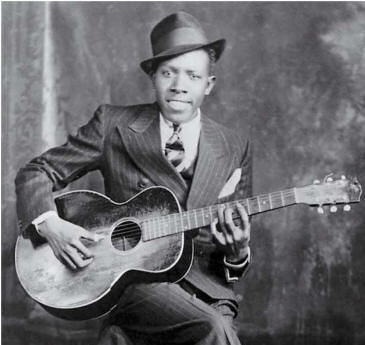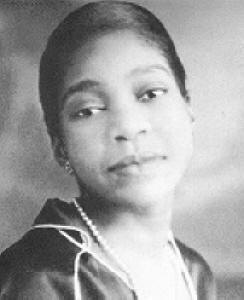Lecture
This week's lecture includes several flash file links. You must have Flash Player installed on your computer to view these.
If you don't have it, download it!!
Flash Download
Remember
Our popular music in America came from either Europe (mostly English pubs and Irish folksongs) or Africa (mostly West Africa as a result of the slave trade).
We specify "mostly West Africa"
West African drummers
African music has profoundly
Your textbook does a good job of categorizing these influences into
Be sure and review the explanations in your text (p. 42-45).
1. Blue Notes "flattened" tones of the scale; particularly the 3rd and 7th scale degrees
2. Unique tone a rougher texture, both vocally and instrumentally 3. Motor Rhythm driving rhythms, steady beats 4. Syncopation displacing the regular accents in music 5. Swing feeling the basic feel of long - short - long - short, instead of equal note values 6. Improvisation making up the music as it is played (or sung)
Here is a good representation of the development of early jazz. Feel free to explore the links.
Jazz Roots
RAGTIME
Scott Joplin 1868-1917
The "King of Ragtime"
Scott Joplin composed music in a form similar to marches.
Listen to John Phillip Sousa's Stars and Stripes Forever
Notice how each section is repeated and then there is a new section?
Now listen to Joplin's Maple Street Rag - same deal!
The syncopated rhythms were referred to as “ragged time,” which was eventually shortened to - you guessed it - Ragtime.
Rags (shortened again) became very popular
He made a modest living as a composer during his lifetime.
The big awards came much later.
1973: An academy award for Best Film Score (Joplin's original music) in the movie The Sting
1976: A Pulitzer Prize for his opera Treemonisha
THE BLUES
The blues emerged in the 1890's from the South
[Keep an eye out for how many of our most popular genres come from the South!]
Robert Johnson was an important blues singer who influenced many who came after him.
Robert Johnson (1911-1938)
"Hellhound on My Trail"
listen
Mamie Smith singing "Crazy Blues."
Bessie Smith (not to be confused with Mamie Smith)
"The Empress of the Blues."
Read about Bessie Smith on p. 53-54 of your textbook.
Bessie Smith (1894-1937)
Her song, "Down Hearted Blues" (1923) sold over a million copies.
Watch this
Why was she important as a cultural icon in addition to her success as a singer?
The basic rhythm of the blues is called the shuffle.
Check out this version of Big Joe Turner singing "Doggin' the Blues "
Rock 'n Roll
It is not difficult to trace the legacy of Robert Johnson Muddy Waters Chuck Berry
As a matter of fact, the blues were a huge influence on The Rolling Stones! They even took their name from a Muddy Waters song of the same name.
For some more info on The Blues, and some examples to help you with this week's assignment, follow this link:
Blues Page
Created and maintained by Vicky V. Johnson

 composed by an African American)
composed by an African American)
 Jazz
Jazz



 The first recording by a black singer was made in 1920 by Mamie Smith singing "Crazy Blues."
The first recording by a black singer was made in 1920 by Mamie Smith singing "Crazy Blues."

